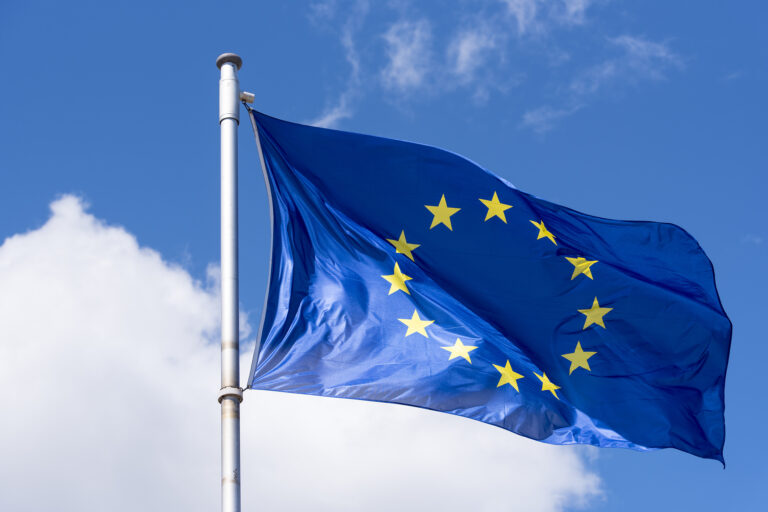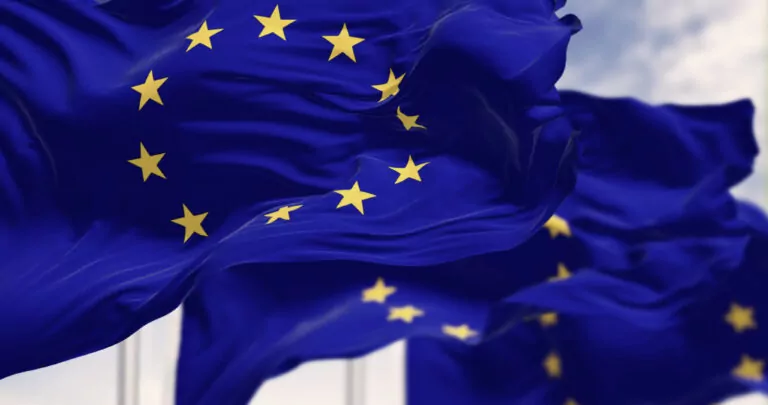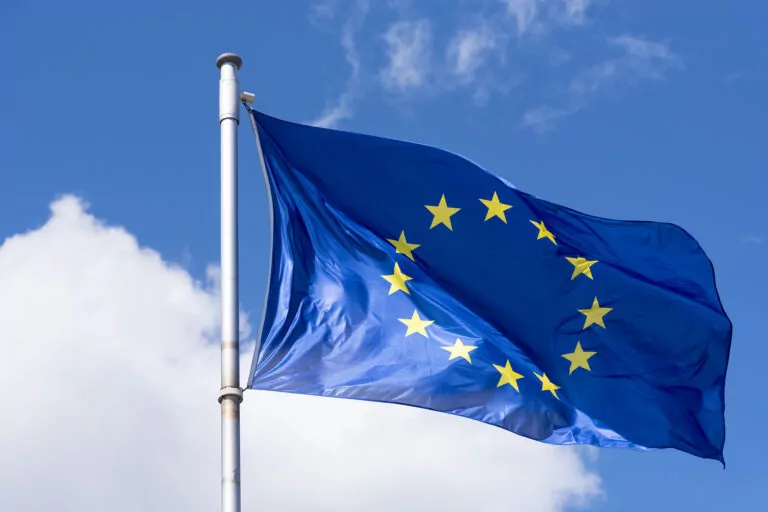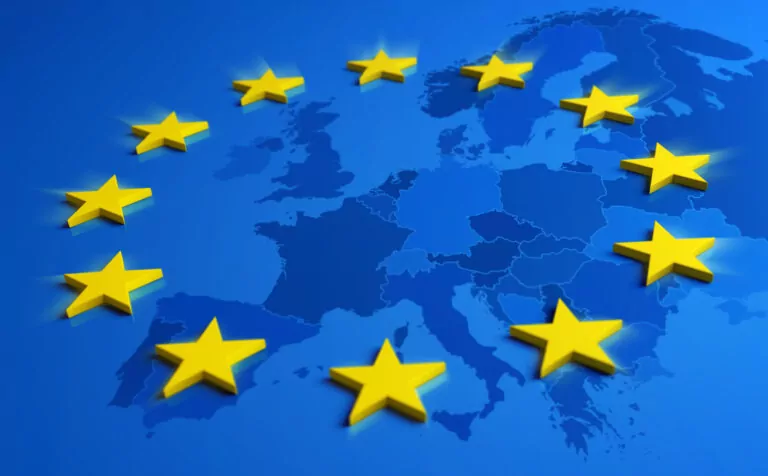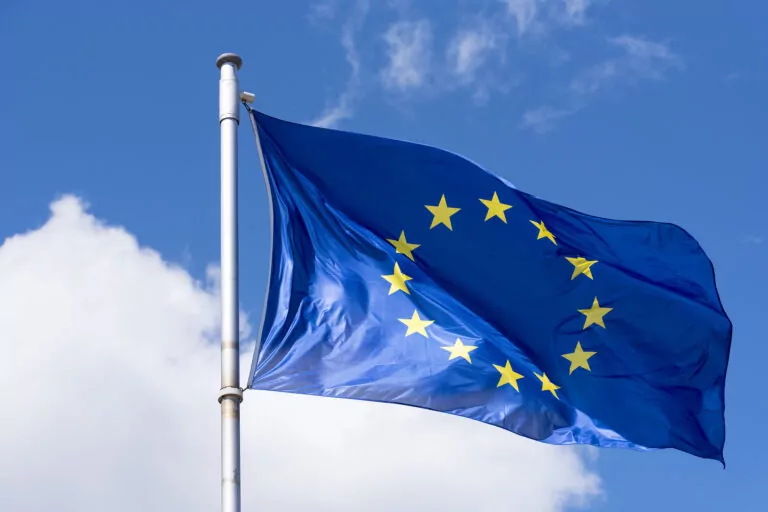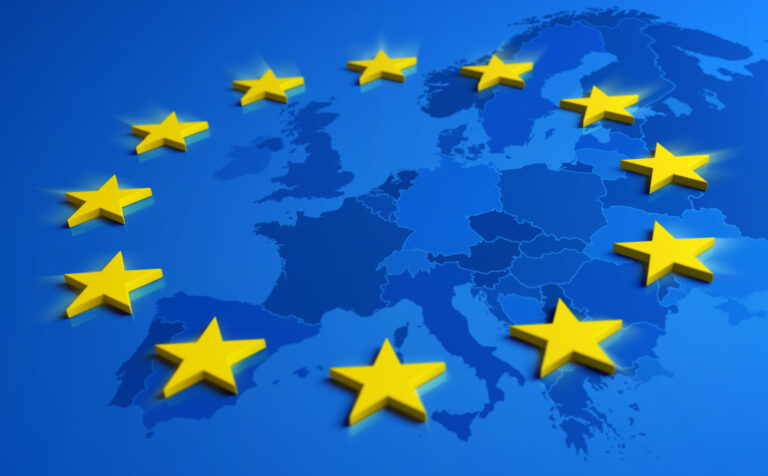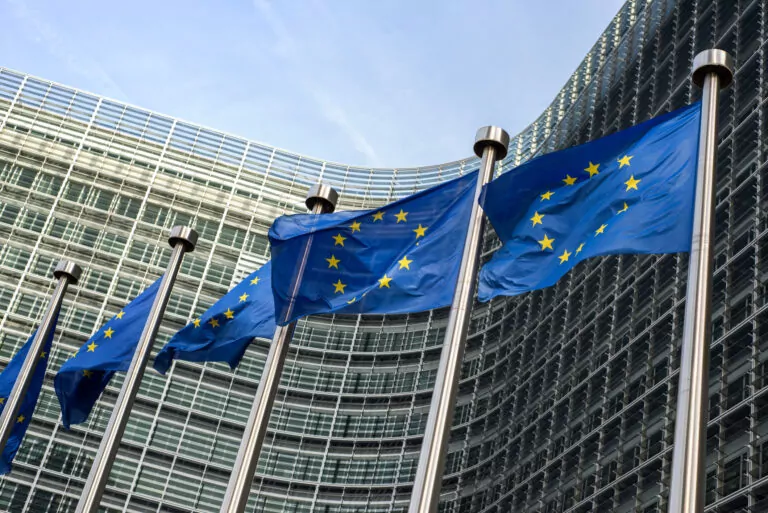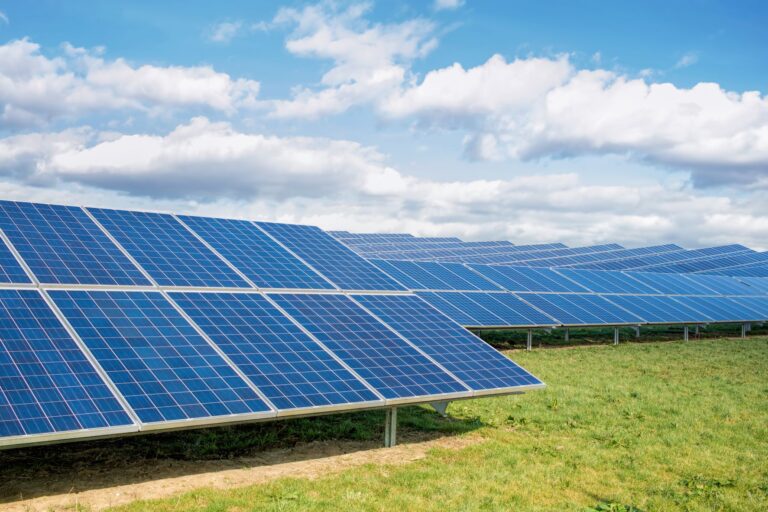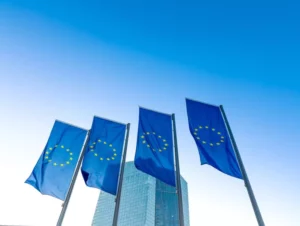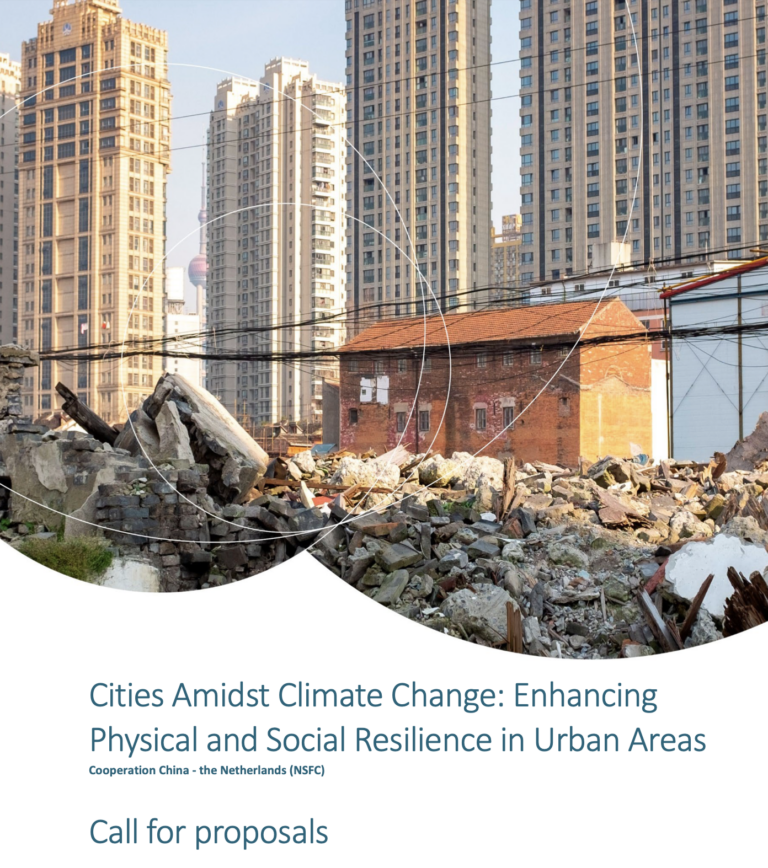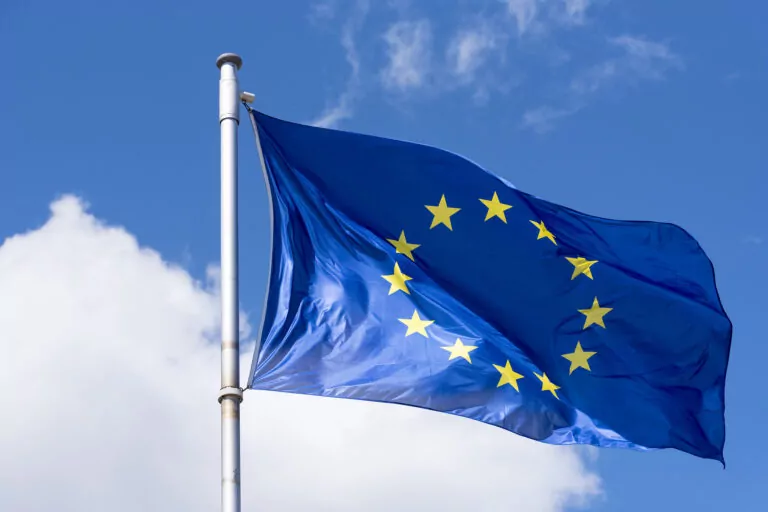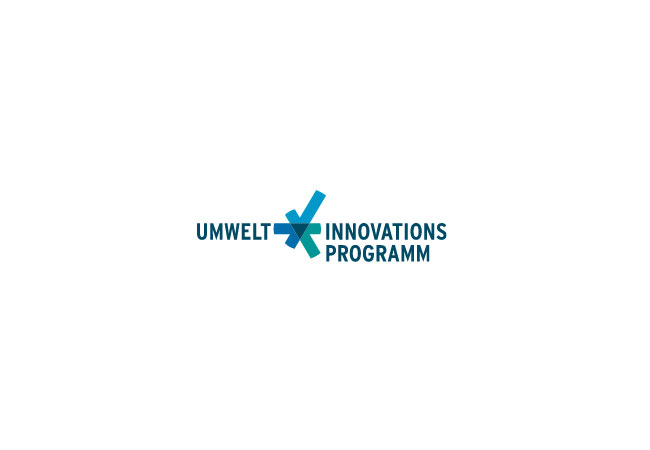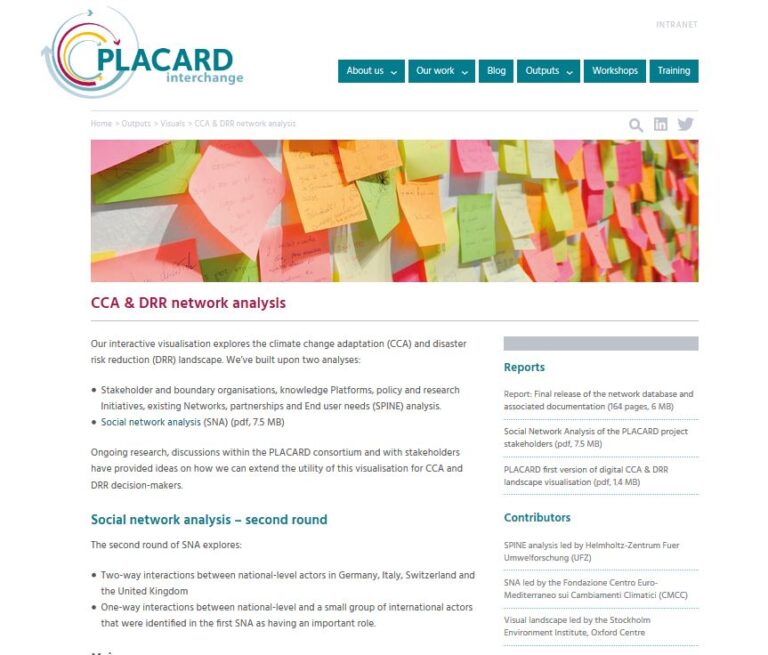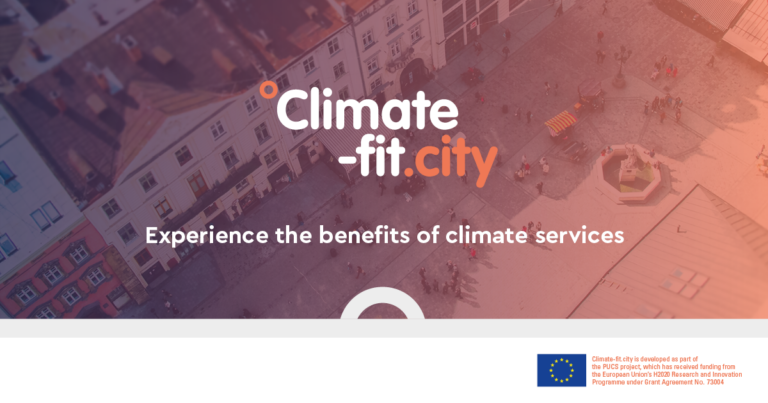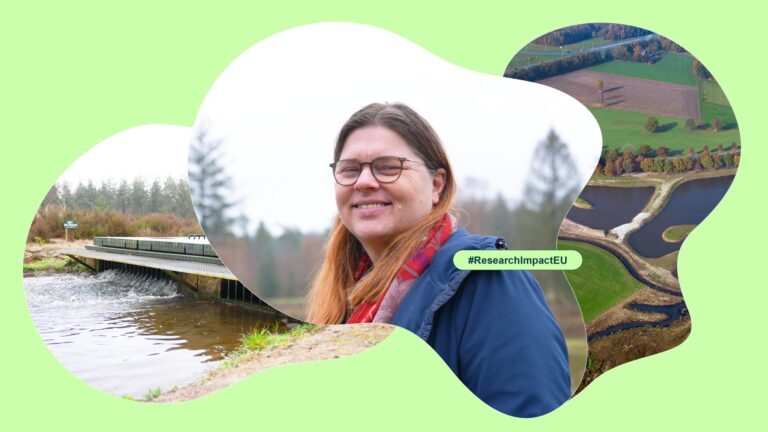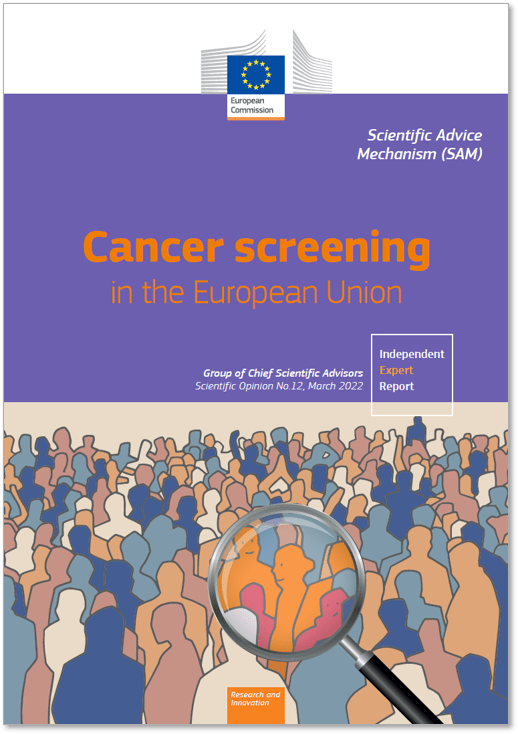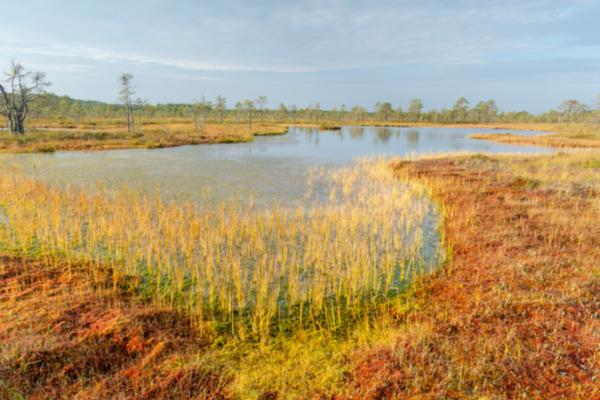Add to favorites:
Share:
The action is intended to set the foundation for future collaborative activities between the African Union (AU) and the European Union (EU) on climate change research in the context of the implementation of the Partnership on Climate Change and Sustainable Energy (CCSE)[1] under the AU-EU High Level Policy Dialogue (HLPD) on Science, Technology, and Innovation[2] and its Innovation Agenda[3].
Project results are expected to contribute to all of the following expected outcomes:
- Stakeholders, including funding entities, contribute more effectively to the implementation of the climate action pillar of the AU-EU CCSE Research and Innovation Partnership through an agreed strategy and reinforced R&I coordination;
- The R&I agendas and initiatives on climate issues relevant for Africa are better aligned and defragmented between the EU, national and multilateral levels. The impact of funding is enhanced;
- The climate-related data gap on Africa is reduced and AU countries are better able to access, utilise, and deploy state-of-art climate knowledge and services to inform decision-making and to accelerate a science-based implementation of the Paris Agreement and the Agenda 2030 on Sustainable Development;
- Impacts and risks of climate change are more accurately assessed, adaptation strategies are developed, and early warning systems are deployed. This strengthens climate and disaster resilience in the AU member states, contributing to the international dimension of the EU Adaptation Strategy, the EU Disaster Resilience Goals, the Sendai Framework for Disaster Risk Reduction, the Nairobi Declaration and the Early Warnings for All initiative;
- The climate research community in the AU is strengthened, with researchers and scientific institutes enabled to engage more effectively in international fora and multilateral collaboration networks, with positive effects on diversity and quality of climate science and benefiting key international assessments and processes (e.g., IPCC, IPBES).
African societies and productive sectors are already experiencing widespread impacts from both natural hazards and human induced climate change. These include loss of lives and biodiversity, increased disease burden, water shortages, ocean acidification, reduced food production, and diminished labour efficiency and economic growth. The IPCC warns that with additional warming, the risks will further escalate, making a strong case for prioritising climate risk reduction and adaptation efforts while transitioning to low-carbon future. Socioeconomic, political, and other environmental factors - such as high demographic pressure, violent conflicts, biodiversity loss and pollution, unsustainable land and ocean use, strong reliance on agriculture and natural resources - interact with climate change to amplify the region’s vulnerability. These compounded challenges undermine Africa’s socio-economic advancements, hindering its efforts towards sustainable development. Yet, the continent is very poorly equipped to deal with these challenges: only 40% of its population has access to early warning systems[4] – the lowest rate of any region of the world, and many countries lack quality climate knowledge and data.
In addition, despite multiple efforts to promote climate research and capacity development, African scientists, scholars, and practitioners are still significantly underrepresented in international fora, such as the IPCC. Furthermore, the bulk of research concerning the region is performed by groups from developed and emerging countries, not sufficiently incorporating indigenous knowledge, local contexts and needs. It is now vital that the assessments of climate change, and its related impacts, risks and response strategies are increasingly delivered by the African community.
This action is intended as a preparatory step towards future joint collaborative activities between the EU and the AU, and their respective Member States to support the implementation of the “Climate Action for adaptation and mitigation” Pillar of the CCSE partnership. This pillar encompasses 1) climate-related data, 2) climate services, 3) and an integrated knowledge approach to support AU countries in their efforts to implement the Paris Agreement. These priorities should be used to frame the activities of the project. The action should establish a joint strategy for improving the availability and accelerating the uptake of advanced climate knowledge, data, and products across Africa. The aim is to enhance climate literacy, to develop and increase uptake of climate services and early-warning systems, and to support capacity building while taking into consideration the continent’s socio-economic circumstances and user needs. It is expected to address all of the following aspects:
- Develop a joint roadmap identifying priorities, flagship actions and feasible implementation architecture (including most appropriate financing instruments, not limited to EU level) to pave the way towards more targeted EU-AU cooperation on climate change research, with particular focus on climate risk reduction and resilience building (to be delivered within the first year of the project);
- Mobilise and secure commitments from European and African national funding entities and other actors (e.g., philanthropies, international cooperation entities and financial institutions) necessary to implement joint EU-AU collaborative activities, including a potential Horizon Europe co-fund action in 2026-2027 work programme (ideally within the first year of the project);
- Map the relevant EU funded projects (such as CONFER, FOCUS-Africa, DOWN2EARTH, ALBATROSS, SAFE4ALL, HABITABLE, TEMBO-Africa, SINCERE[5]), match their outputs with the objectives of the CCSE Partnership, and cluster them to establish a vibrant community. Develop and implement a strategy to consolidate, curate, valorise and disseminate the projects’ outputs towards African and European stakeholders to amplify their impact. This should include a user-friendly approach (ideally integrated into and complementing existing mechanisms/repositories) for sharing best practises and lessons learnt from past and ongoing EU-funded projects, and with links to internationally and nationally funded activities, to provide visibility and enable scaling and replication of successful initiatives. In addition, the action should also investigate how Europe could best learn from Africa and how to valorise, disseminate knowledge and implement solutions from the EU Mission on Adaptation to Climate Change, other relevant EU Missions and other initiatives (like the Partnership for Research and Innovation in the Mediterranean region, PRIMA) that are of relevance to the African context;
- Design and start implementing training and capacity building strategy that should enable: i) effective climate action planning and management, ii) enhanced representation and diversity of African science and scientists in international fora, iii) upscaled generation of policy relevant knowledge, data, products and services, on climate change, and iv) a greater participation of women, youth, indigenous and marginalised communities.
The action should bring together core European and African funding agencies (and define a credible pathway for mobilising additional funders), research organisations and other key African entities such as regional and national climate service centres. Strong representation of African partners in the consortium is a core requirement (see eligibility conditions). In addition, the action should strive at better connecting scientists, policy makers, practitioners, and local communities for integrated solutions, at mobilising private sector engagement and at promoting the uptake of indigenous knowledge and Citizen Science. Efforts should be made to ensure that the data produced in the context of this topic is managed according to the FAIR principles[6].
The action should build on and aim at improving the coordination between existing and forthcoming multilateral and bilateral initiatives, such as the Climate Services for Risk Reduction in Africa (CS4RRA)[7], the ClimSA[8] programme, as well as projects funded by the EU (Horizon 2020 and Horizon Europe) and the JPI-Climate (ERA4CS). Synergies should also be sought, where possible, with relevant activities of the World Climate Research Programme, the World Adaptation Science Programme, the World Meteorological Organisation, the Group on Earth Observations, or the Copernicus programme. It is advisable that the action integrates the lessons learnt from the implementation of the energy pillar of the CCSE Partnership[9].
[1] https://research-and-innovation.ec.europa.eu/strategy/strategy-2020-2024/europe-world/international-cooperation/regional-dialogues-and-international-organisations/eu-africa-cooperation/partnership-climate-change-and-sustainable-energy-ccse_en
[2] https://research-and-innovation.ec.europa.eu/strategy/strategy-2020-2024/europe-world/international-cooperation/regional-dialogues-and-international-organisations/eu-africa-cooperation_en
[3] https://research-and-innovation.ec.europa.eu/system/files/2023-07/ec_rtd_au-eu-innovation-agenda-final-version.pdf
[4] https://www.undrr.org/news/early-warnings-all-africa
[5] Please refer to https://cordis.europa.eu/projects/en for more information
[6] FAIR (Findable, Accessible, Interoperable, Reusable).
[7] http://cs4rra.wascal.org/
[8] https://www.climsa.org/
[9] See https://cordis.europa.eu/project/id/815264 and https://cordis.europa.eu/project/id/963530
Expected Outcome
The action is intended to set the foundation for future collaborative activities between the African Union (AU) and the European Union (EU) on climate change research in the context of the implementation of the Partnership on Climate Change and Sustainable Energy (CCSE)[1] under the AU-EU High Level Policy Dialogue (HLPD) on Science, Technology, and Innovation[2] and its Innovation Agenda[3].
Project results are expected to contribute to all of the following expected outcomes:
- Stakeholders, including funding entities, contribute more effectively to the implementation of the climate action pillar of the AU-EU CCSE Research and Innovation Partnership through an agreed strategy and reinforced R&I coordination;
- The R&I agendas and initiatives on climate issues relevant for Africa are better aligned and defragmented between the EU, national and multilateral levels. The impact of funding is enhanced;
- The climate-related data gap on Africa is reduced and AU countries are better able to access, utilise, and deploy state-of-art climate knowledge and services to inform decision-making and to accelerate a science-based implementation of the Paris Agreement and the Agenda 2030 on Sustainable Development;
- Impacts and risks of climate change are more accurately assessed, adaptation strategies are developed, and early warning systems are deployed. This strengthens climate and disaster resilience in the AU member states, contributing to the international dimension of the EU Adaptation Strategy, the EU Disaster Resilience Goals, the Sendai Framework for Disaster Risk Reduction, the Nairobi Declaration and the Early Warnings for All initiative;
- The climate research community in the AU is strengthened, with researchers and scientific institutes enabled to engage more effectively in international fora and multilateral collaboration networks, with positive effects on diversity and quality of climate science and benefiting key international assessments and processes (e.g., IPCC, IPBES).
Scope
African societies and productive sectors are already experiencing widespread impacts from both natural hazards and human induced climate change. These include loss of lives and biodiversity, increased disease burden, water shortages, ocean acidification, reduced food production, and diminished labour efficiency and economic growth. The IPCC warns that with additional warming, the risks will further escalate, making a strong case for prioritising climate risk reduction and adaptation efforts while transitioning to low-carbon future. Socioeconomic, political, and other environmental factors - such as high demographic pressure, violent conflicts, biodiversity loss and pollution, unsustainable land and ocean use, strong reliance on agriculture and natural resources - interact with climate change to amplify the region’s vulnerability. These compounded challenges undermine Africa’s socio-economic advancements, hindering its efforts towards sustainable development. Yet, the continent is very poorly equipped to deal with these challenges: only 40% of its population has access to early warning systems[4] – the lowest rate of any region of the world, and many countries lack quality climate knowledge and data.
In addition, despite multiple efforts to promote climate research and capacity development, African scientists, scholars, and practitioners are still significantly underrepresented in international fora, such as the IPCC. Furthermore, the bulk of research concerning the region is performed by groups from developed and emerging countries, not sufficiently incorporating indigenous knowledge, local contexts and needs. It is now vital that the assessments of climate change, and its related impacts, risks and response strategies are increasingly delivered by the African community.
This action is intended as a preparatory step towards future joint collaborative activities between the EU and the AU, and their respective Member States to support the implementation of the “Climate Action for adaptation and mitigation” Pillar of the CCSE partnership. This pillar encompasses 1) climate-related data, 2) climate services, 3) and an integrated knowledge approach to support AU countries in their efforts to implement the Paris Agreement. These priorities should be used to frame the activities of the project. The action should establish a joint strategy for improving the availability and accelerating the uptake of advanced climate knowledge, data, and products across Africa. The aim is to enhance climate literacy, to develop and increase uptake of climate services and early-warning systems, and to support capacity building while taking into consideration the continent’s socio-economic circumstances and user needs. It is expected to address all of the following aspects:
- Develop a joint roadmap identifying priorities, flagship actions and feasible implementation architecture (including most appropriate financing instruments, not limited to EU level) to pave the way towards more targeted EU-AU cooperation on climate change research, with particular focus on climate risk reduction and resilience building (to be delivered within the first year of the project);
- Mobilise and secure commitments from European and African national funding entities and other actors (e.g., philanthropies, international cooperation entities and financial institutions) necessary to implement joint EU-AU collaborative activities, including a potential Horizon Europe co-fund action in 2026-2027 work programme (ideally within the first year of the project);
- Map the relevant EU funded projects (such as CONFER, FOCUS-Africa, DOWN2EARTH, ALBATROSS, SAFE4ALL, HABITABLE, TEMBO-Africa, SINCERE[5]), match their outputs with the objectives of the CCSE Partnership, and cluster them to establish a vibrant community. Develop and implement a strategy to consolidate, curate, valorise and disseminate the projects’ outputs towards African and European stakeholders to amplify their impact. This should include a user-friendly approach (ideally integrated into and complementing existing mechanisms/repositories) for sharing best practises and lessons learnt from past and ongoing EU-funded projects, and with links to internationally and nationally funded activities, to provide visibility and enable scaling and replication of successful initiatives. In addition, the action should also investigate how Europe could best learn from Africa and how to valorise, disseminate knowledge and implement solutions from the EU Mission on Adaptation to Climate Change, other relevant EU Missions and other initiatives (like the Partnership for Research and Innovation in the Mediterranean region, PRIMA) that are of relevance to the African context;
- Design and start implementing training and capacity building strategy that should enable: i) effective climate action planning and management, ii) enhanced representation and diversity of African science and scientists in international fora, iii) upscaled generation of policy relevant knowledge, data, products and services, on climate change, and iv) a greater participation of women, youth, indigenous and marginalised communities.
The action should bring together core European and African funding agencies (and define a credible pathway for mobilising additional funders), research organisations and other key African entities such as regional and national climate service centres. Strong representation of African partners in the consortium is a core requirement (see eligibility conditions). In addition, the action should strive at better connecting scientists, policy makers, practitioners, and local communities for integrated solutions, at mobilising private sector engagement and at promoting the uptake of indigenous knowledge and Citizen Science. Efforts should be made to ensure that the data produced in the context of this topic is managed according to the FAIR principles[6].
The action should build on and aim at improving the coordination between existing and forthcoming multilateral and bilateral initiatives, such as the Climate Services for Risk Reduction in Africa (CS4RRA)[7], the ClimSA[8] programme, as well as projects funded by the EU (Horizon 2020 and Horizon Europe) and the JPI-Climate (ERA4CS). Synergies should also be sought, where possible, with relevant activities of the World Climate Research Programme, the World Adaptation Science Programme, the World Meteorological Organisation, the Group on Earth Observations, or the Copernicus programme. It is advisable that the action integrates the lessons learnt from the implementation of the energy pillar of the CCSE Partnership[9].
[1] https://research-and-innovation.ec.europa.eu/strategy/strategy-2020-2024/europe-world/international-cooperation/regional-dialogues-and-international-organisations/eu-africa-cooperation/partnership-climate-change-and-sustainable-energy-ccse_en
[2] https://research-and-innovation.ec.europa.eu/strategy/strategy-2020-2024/europe-world/international-cooperation/regional-dialogues-and-international-organisations/eu-africa-cooperation_en
[3] https://research-and-innovation.ec.europa.eu/system/files/2023-07/ec_rtd_au-eu-innovation-agenda-final-version.pdf
[4] https://www.undrr.org/news/early-warnings-all-africa
[5] Please refer to https://cordis.europa.eu/projects/en for more information
[6] FAIR (Findable, Accessible, Interoperable, Reusable).
[7] http://cs4rra.wascal.org/
[8] https://www.climsa.org/
[9] See https://cordis.europa.eu/project/id/815264 and https://cordis.europa.eu/project/id/963530
Partner Requests
Explore Real Collaboration Opportunities
🔍 As a logged-in member, you now have exclusive access to all active Partner Requests for this Funding Call.
See who’s looking for collaborators, explore exciting project ideas, and discover how others are planning to make an impact.
💡 Use these insights to get inspired—or take the next step and start a request of your own (3 entries for free).
Log in or registrate here for free.
You must be logged in to submit or manage a partner request.
Ask our experts about this call
Connect with the Listing Owner!
💬 Please log in now to send a direct message to our experts and ask your questions. Not a member yet? Sign up for free and start connecting today!
Related Funding and Finance Opportunities
Unlock Exclusive Funding Opportunities!
🔑 Get instant access to tailored funding opportunities that perfectly match your needs. This powerful feature is exclusively available to our premium members—helping you save time, stay ahead of the competition, and secure the right funding faster.
Upgrade to Premium now and never miss an important opportunity again! Already a premium member? Log in here to explore your matches.
Related Innovation Offers
Related Knowledgebase Resources
Discover More with Premium: Related Knowledge Resources
🔒 You’re missing out on expert-curated knowledge specifically matched to this topic. As a Premium member, you gain exclusive access to in-depth articles, guides, and insights that help you make smarter decisions, faster.
Whether you’re preparing a funding proposal, researching a new market, or just need reliable information—our Premium knowledge matches save you hours of research and point you directly to what matters.
Upgrade to Premium now and instantly unlock relevant knowledge tailored to your needs! Already a member? Log in here to view your personalized content.


